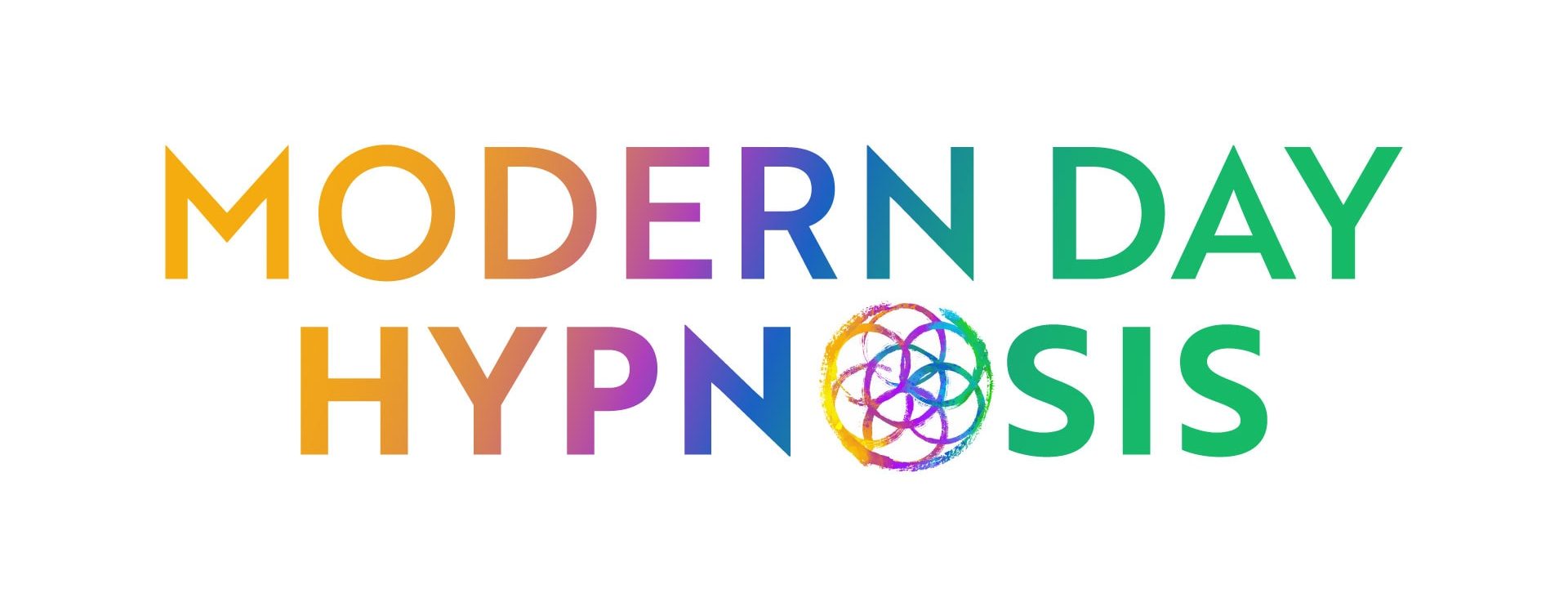Debunking 6 Common Myths About Hypnotherapy

Hypnotherapy is a remarkable tool that can be used for a wide variety of purposes – including in medical and therapeutic settings. Unfortunately, pop culture and the media have misrepresented hypnosis as a dramatized stage act where the subject loses control of their mind. In reality, hypnotherapy is an effective method for healing, with success that can be traced back through years of research.
At Modern Day Hypnosis, our goal is to strip away fear and falsehoods around hypnosis to reveal the power and healing that it can offer as a therapy. Here are six common misconceptions around the practice of hypnotherapy, and why each can be dismissed as untrue and unfounded.
1. My Thoughts will be Under the Hypnotist’s Control
You might be surprised to hear that all hypnosis is self-hypnosis. Meaning, any changes that the client experiences during hypnosis are self-allowed through participation. Only by active engagement may the client bring about change in their brain, body, or psyche. The client cannot be coerced into acting against their better judgment or free choice.
Hypnotists cannot force someone to behave irrationally, such as clucking like a chicken or barking like a dog. Hypnotherapy cannot give the client sudden physical abilities that their bodies do not already possess. On the contrary, during hypnosis, patients maintain full control over their behavior and mental processes throughout the session. Any newfound ‘powers’ can be attributed to tapping into unused parts of the subconscious mind.
As a whole, hypnotherapy practices are not concerned with control, but instead with treatment. The most transformative information gathered in the session will arise internally from within, rather than directly from the hypnotist.
2. Hypnosis Can Trap Me
You cannot be ‘trapped’ in a hypnotic state. Despite popular belief, it is actually impossible to remain in hypnosis indefinitely. Some people choose to remain in a relaxed state even after their sessions, however, those people eventually come out of hypnosis naturally.
Just like sleep, hypnosis is safe and occurs naturally. It’s something we do unconsciously all the time. We hypnotize ourselves while we watch TV, drive, work and do chores around the house. We recommend using self-hypnosis with Self-Applied Hypnosis Techniques in order to understand these natural hypnotic states and use them to your advantage to foster self-improvement.
3. Hypnosis Contradicts Beliefs
The practice of hypnosis is not exclusive toward any particular religion. It engages anyone’s state of being with no limitation or awareness of their beliefs or religious tradition.The impact of hypnosis is determined by the client and no one else. Although it is possible to tie your religious or spiritual beliefs to your practice, ultimately, hypnosis is a self-guided experience based in science.
Hypnosis was developed over years of clinical investigation by medical professionals and mental health professionals. The reality that we have the ability to create massive effect on our lives and our physical health is supported by plenty of scientific research. There is no need to fear the use of hypnosis going against your religious or spiritual beliefs, whatever they might be.
4. Hypnosis Can Only Work on Particular Minds
A common myth around hypnotherapy is that a person’s mental strength must be low for them to be hypnotized. Actually, those who are good at focusing and being creative tend to do quite well using hypnosis.
Hypnosis works despite how relaxed or focused you are and is accessible to anyone interested in trying it out. The only requirement for being hypnotized is to have an open mind and be willing to follow simple directions.
Everyone has their unique method of applying hypnosis and being hypnotized. It’s a state that is occurring naturally in everyone, rather than a result of wishful thinking. Like in a daydream, we could be consciously aware of being there, or it might be occurring to us invisibly.
5. Hypnotherapy Can’t Be Used for Healing Purposes

Among hospitalized smokers, hypnotherapy may have a higher success rate than conventional smoking cessation therapies, according to research conducted by the American College of Chest Physicians. According to the study’s findings, one session of hypnotherapy was more effective than nicotine replacement treatment alone in helping smokers quit for good.
Similarly, several scientific research studies have shown hypnosis’s usefulness as a therapy for anxiety. In 2019, researchers determined that hypnotherapy patients showed more improvement in their anxiety than the 84% of controls who received no treatment.
Hypnotherapy is an effective tool that can be used to treat more than just anxiety and addiction. There are plenty of studies that show the successful use of hypnosis in treating insomnia, depression, physical pain, and even healing the body faster after surgery. There is no limit to what can be achieved with the use of hypnosis, given that the client is open-minded and ready for change.
6. Hypnotherapists Have Supernatural Abilities
There is nothing supernatural about hypnosis. The certification procedure for hypnotherapists is similar to that of other health professions because it involves extensive study and practice in the subject matter. Hypnotherapists are trained in the techniques and science of hypnosis, which allow them to communicate with people’s unconscious minds.
Hypnotherapists have a deep familiarity with the brain and its processes and are also highly attuned to the language pattern, intonation, and loudness necessary to hypnotize and connect with their clients’ minds. These experts have extensive training in psychology and employ it as one of many methods to aid their patients’ recovery and development.
Ready For Change? Consider Hypnotherapy
Many individuals have fixed ideas about what hypnosis is and isn’t because of the stereotypes mentioned above. All it takes is a bit of research and an open-mind to see what an opportunity it actually is. . At the base, hypnosis is the simple acknowledgment that you are in a state of being. It offers techniques for engaging that state of being. To what aim, or objective, is decided by the participant. Hypnosis can be used as a powerful form of therapy and has been studied by the scientific community for years, proving it’s success over thousands of case studies.
If you’re ready for change in your life, hypnosis is an effective, natural option. You may choose to self-hypnotize, or schedule an appointment with an experienced hypnotist. Either way, you’ll work with your subconscious mind in order to create a more joyful and fulfilling life!
- About the Author
IACT Trainer:
The International Association of Counselors and TherapistsDEHI Trainer:
The Dave Elman Hypnosis InstituteNGH Hypnotist:
The National Guild of HypnotistsIACT Hypnotist:
The International Association of Counselors and TherapistsIMDHA Hypnotist:
The International Medical and Dental Hypnotherapy Association
Hypnosis
Have You Tried It Yet? It Really Works!
